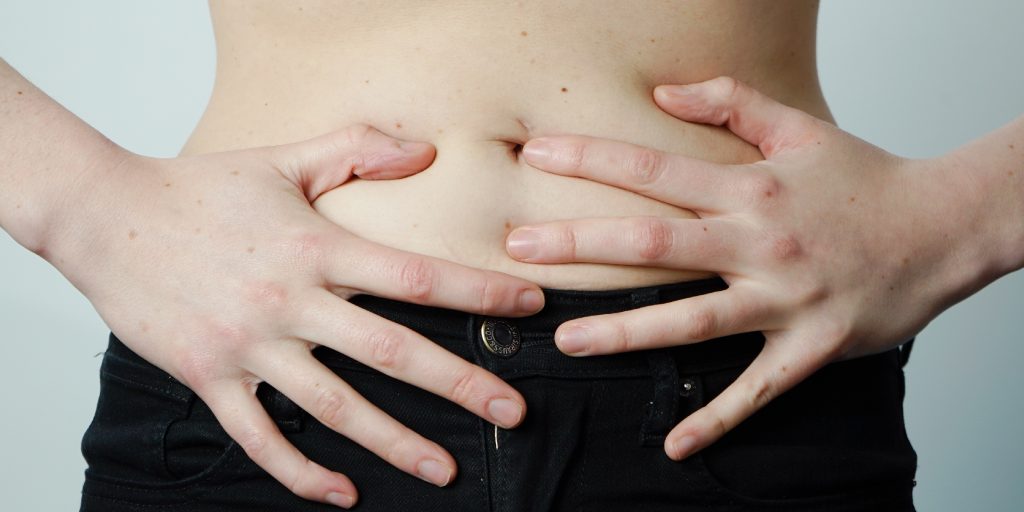So you think you’ve understood everything there is to know about the menstrual period? Change your views. It doesn’t matter how well-informed you are; there’s always something that falls between the cracks, especially when it comes to some of the more bizarre statistics and figures about menstruation.
This article will go through 5 things you might not know about your period. Let’s dive right in!
5 Things You May Not Know About Your Period
Your Periods Are Worse When It Becomes Cold
This is surely an astounding period fact: winter weather may affect your period, causing it to be longer and heavier than typical.
During colder months, a female flow, period duration, and sometimes even discomfort level are higher than the summers. This tendency also applies to women living in colder regions rather than warmer temperatures.
The seasons can potentially affect your PMT, too – the darker, reduced hours can negatively affect your attitude when mixed with female reproductive hormones. This is assumed to be due to a lack of sunshine, which allows our bodies to generate vitamin D and serotonin, which increase our emotions, happiness, focus, and overall levels of health.
During Your Period, You Have a Chance of Getting Pregnant
It’s time to dispel the age-old fallacy that your period keeps you from getting pregnant. Several factors contribute to this.
For starters, some women may confuse their periods for ovulation whenever their ovaries produce an egg from the ovary. When you ovulate, you are at your most fertile. So having intercourse during this period may increase your chances of becoming pregnant.
Secondly, you might ovulate when your period ends or several days after the blood stops. Having intercourse during your period might result in pregnancy since sperm can stay in your system for up to three days.
Over Time, the Average Starting Age for Periods Has Changed
Did you know the average age at which a girl begins her period has changed over the centuries? The average age at which women begin menstruation is now 12 – a full five years younger than before.
Scientists believe that increased nutrition is one of the main causes behind this. Fat cells produce estrogen, and we’re eating healthier — and much more — than our ancestors did a few hundred years ago. The more fat cells you consume, the more estrogen you have in your body, which might cause your menstrual cycle to start earlier in a female.
You Don’t Have to Stick To Tampons and Pads.
Yes, you read that right. You don’t have to stick to pads or tampons during your period, and there are additional solutions available to help you manage that time of the month.
A menstrual cup is a bendable cup that inserts within your cervix and gathers blood throughout your period. Menstrual panties are extremely absorbent, and you may wear them alone on lighter days or by a tampon on heavier days. As the name suggests, reusable cloth pads can be cleaned and reused.
These products can save you a lot of money since they can be reused and produce less waste. They may offer you additional time between adjustments in some circumstances. A tampon, for instance, should be changed every 4 to 8 hours, whereas a menstrual cup may last up to 12 hours before needing to be emptied.
During Your Period, You Lose Way Less Blood Than You Think
It might often feel like something is amiss when you’re having a very heavy flow day. Isn’t this an abnormal amount of blood production?
Although it may appear to be a large amount, your body typically loses about three tablespoons of blood throughout your period; the normal woman loses anything from one tablespoon to a small container of blood during a regular period.

